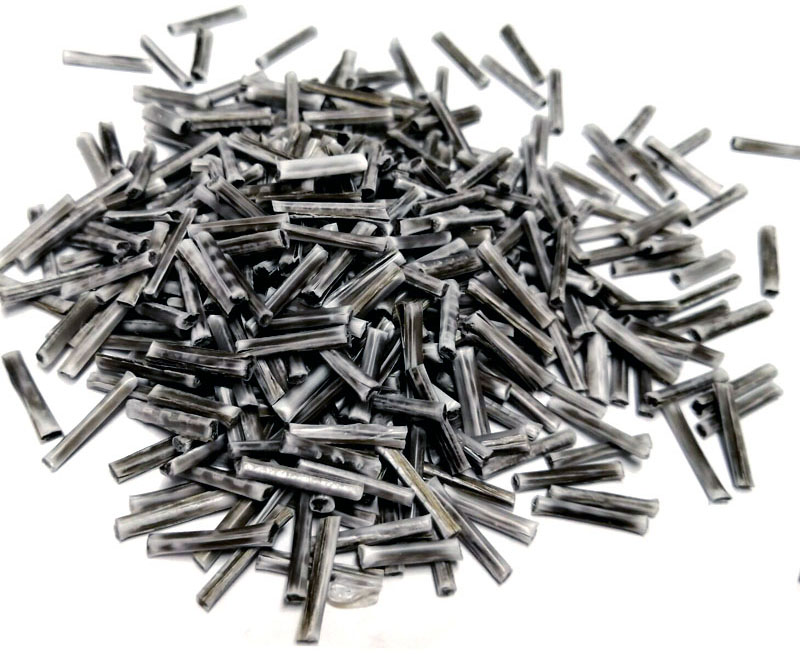
Specialize in Compression molds

Specialize in Compression molds
LFT is long fiber reinforced thermoplastic material that feature continuous fiber filaments running the full length of the pellet allowing these materials to exhibit simultaneous improvements in strength, stiffness, and impact resistance over a wide temperature range. it is compared with the ordinary fiber reinforced thermoplastic materials, usually, fiber reinforced thermoplastic materials in the fiber length is less than 1 mm, LFT moulding, the length of the fiber generally greater than 2 mm, the processing technology, has been able to keep the fiber length in LFT moulding over 5 mm. Depending on the end use, the finished product can be strip, strip, board of a certain width, or even rod shaped, directly used in place of thermosetting products.
Long Fiber Thermoplast have been used in the automotive industry for semi-structural applications. Their main advantages are attractive cost, performance ratio and relatively low density. Continuous variable fiber content and different types of fibers, combined with engineered plastics, open up potential applications.

In the automotive industry, LFT mould is mainly used to make structural and semi-structural components, such as front-end modules, bumper girders, instrument panel frame, battery bracket, spare tire bin, seat frame, pedal and integral floor, etc. Long fiber reinforced thermoplastic is used in the car hood, instrument panel frame, battery bracket, seat frame, car front-end module, bumper, luggage rack, spare placenta, fender, fan blade, engine chassis, car roof lining, etc.; Long fiber reinforced PA is further extended into the hood, because tfT-PA is not only hard, low weight, and high glass fiber content makes its thermal expansion coefficient almost the same as metal, can withstand the heat brought by the engine.
Meanwhile, D-LFT (Direct-long fiber thermoplastics) is available for injection or compression molding. Most D-LFT systems, for injection or compression molding systems, feed glass roving (or other fiber) into a twin-screw extruder (TSE), where it is chopped by the screws as it is mixed with molten polymer and additives that have been metered in separately. To improve surface finish, some systems use knives to prechop the roving prior to entrance into the TSE. This method generally yields a shorter fiber, while the direct roving feed produces longer fibers and yields parts with higher structural performance. Each approach uses different and specialized screw designs.
What’s the advantage of D-LFT mold? Reduced production costs by the elimination of semi-finished products and logistical effort
Increased production flexibility
D-LFT strand with variable thickness for optimized mold filling
D-LFT mold is mostly used in Automotive.
MDC mould is engaged in the design and manufacture of composite mould and has developed many LFT mould products. As an LFT mold supplier of automobile factory, MDC Mould has many years of research in LFT mold design and process, and has a supporting test line, to ensure that LFT mold from the initial design to the subsequent mass production to meet the needs of customers.

Contact US
Email: master@zjmdc.com
Tel: +86 576 84616076
Fax: +86 576 84616079
Mobile: +86 13906573507(Mr. Wang)
Address: No.116 mochuang road, Huangyan Xinqian street,Taizhou,Zhejiang,China